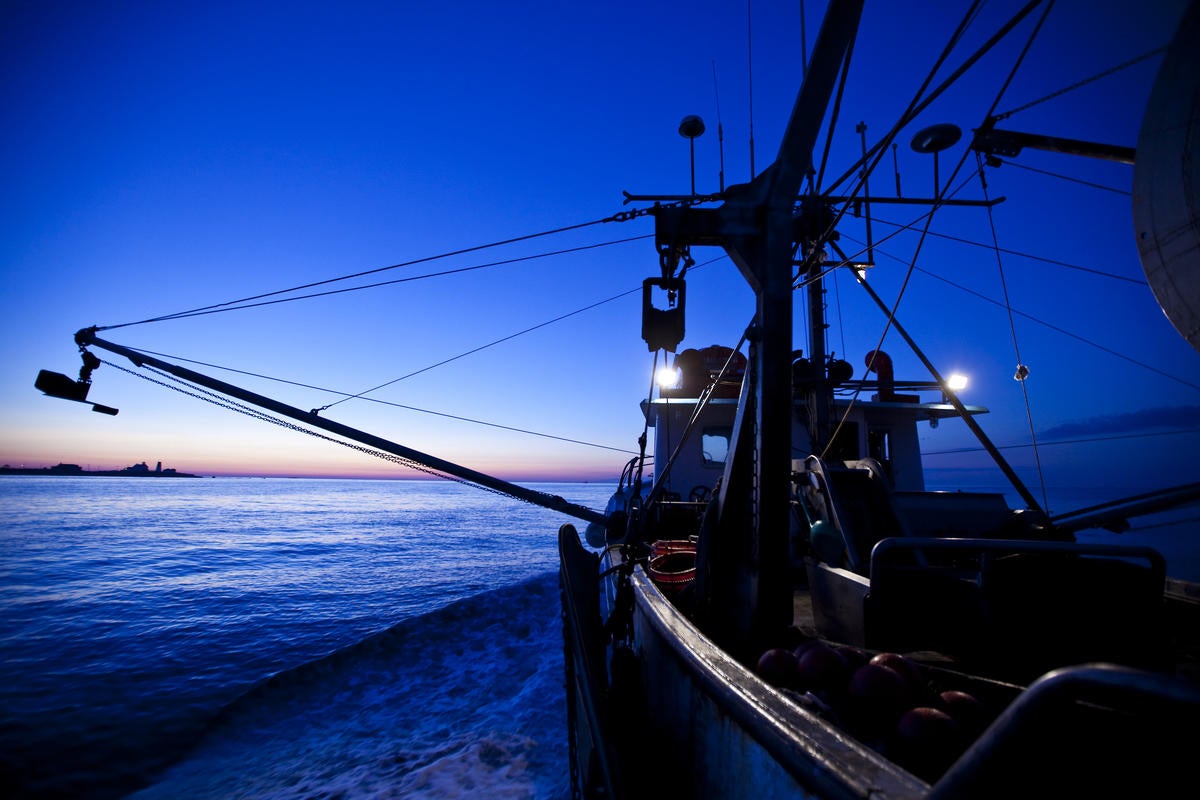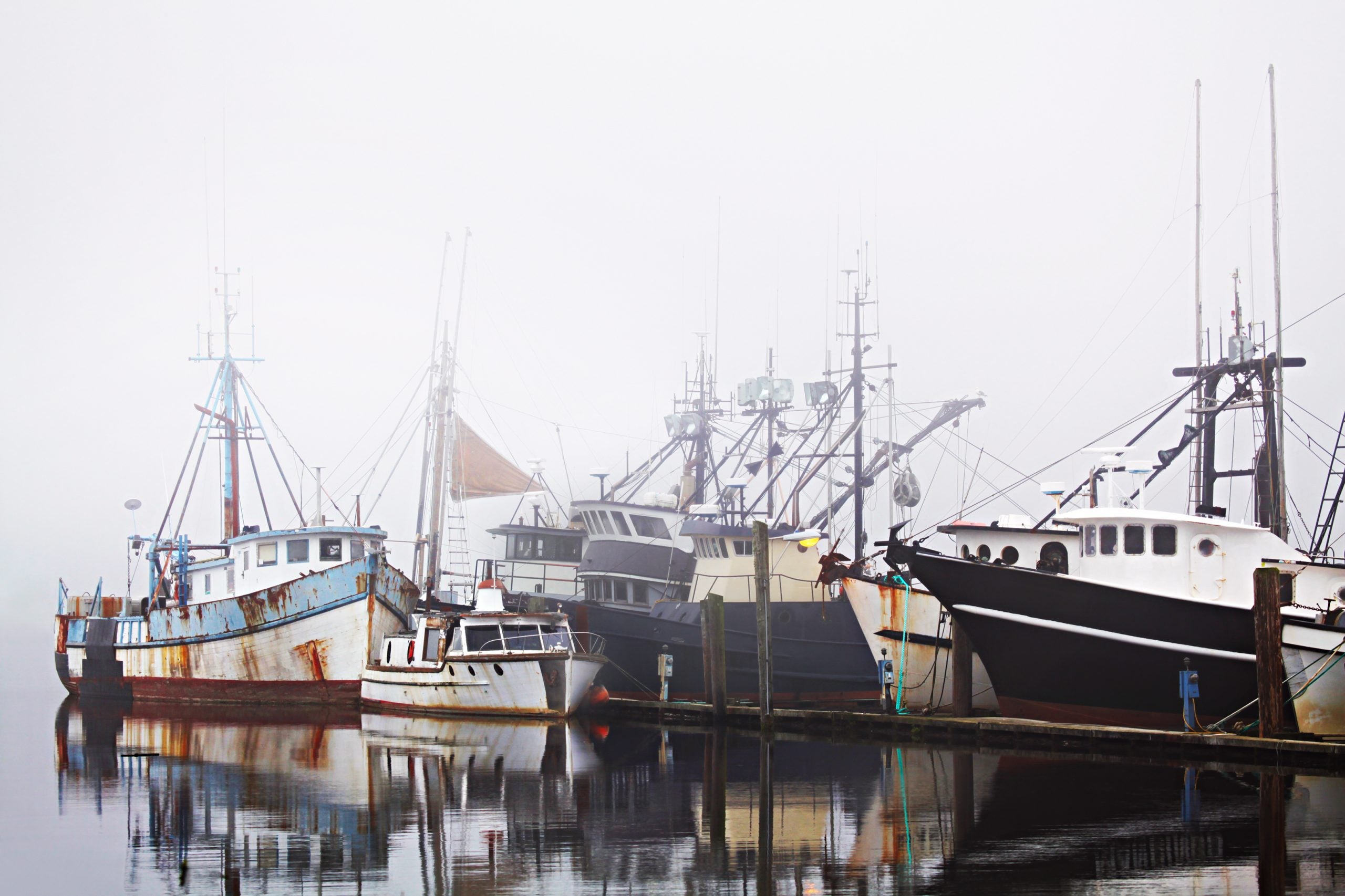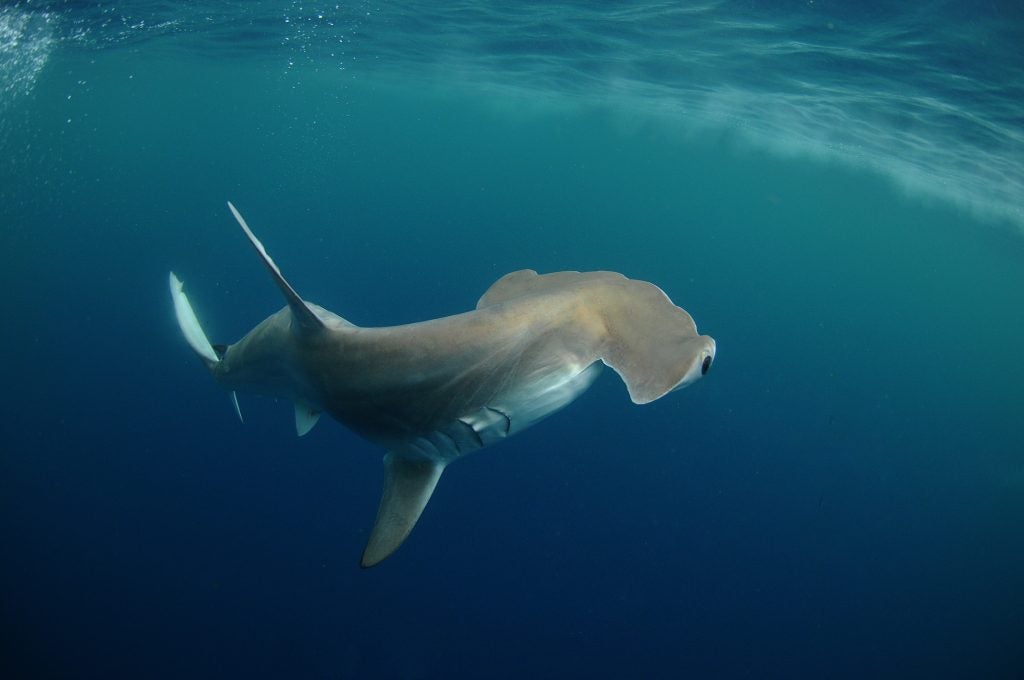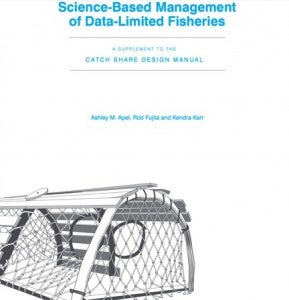The impacts of climate change are already apparent in U. S. offshore waters, creating challenges for fisheries, fishing communities and fisheries management. Examples of climate impacts are prevalent across all regions of the coastal U.S. As ocean temperatures warm, species distributions are shifting. For instance, market squid moving up the West Coast from Baja California to Oregon spurred a harvest boom in the Pacific Northwest. Species, including blue crabs and black sea bass, are shifting northward on the Atlantic coast. Read More
EDFish
Prioritizing Climate Resilience in United States Fisheries
Something ‘fishy’ is happening in Congress
If you follow the goings-on of the U.S. Congress, you know that the final months of the year have become a sprint to the finish line marked by bursts of legislative energy and must-pass bills. This year is even more energetic than most. Read More
How will climate change affect the bigger fishes in the sea?
By Katie Westfall and Kristin Kleisner
Tunas, sharks, billfishes and swordfish are wide-ranging species that can respond rapidly to environmental changes. Many within this group are top predators and can move across ocean basins and between shallow and deep waters in response to oceanic conditions. For these reasons, some of these species may serve as “climate sentinels,” or animals that can offer important insights into how a changing climate is affecting ocean processes and marine life. Read More
Good News for Blue Crabs: Va. Governor McAuliffe Appointed to Bay Leadership Role
 The Chesapeake Bay is the largest estuary in North America and is one of the most biologically productive areas on the East Coast. Part of EDF’s work in the Northeast is focused on the incredible Chesapeake Bay and its once prosperous fisheries, some of which are now in serious trouble.
The Chesapeake Bay is the largest estuary in North America and is one of the most biologically productive areas on the East Coast. Part of EDF’s work in the Northeast is focused on the incredible Chesapeake Bay and its once prosperous fisheries, some of which are now in serious trouble.
But we see some encouraging news for the Chesapeake Bay – and for its iconic blue crabs – with the appointment of Virginia Governor Terry McAuliffe to the Chair of the Chesapeake Bay Executive Council. Read More
Electronic Monitoring and Accountability in the Chesapeake Proves Effective
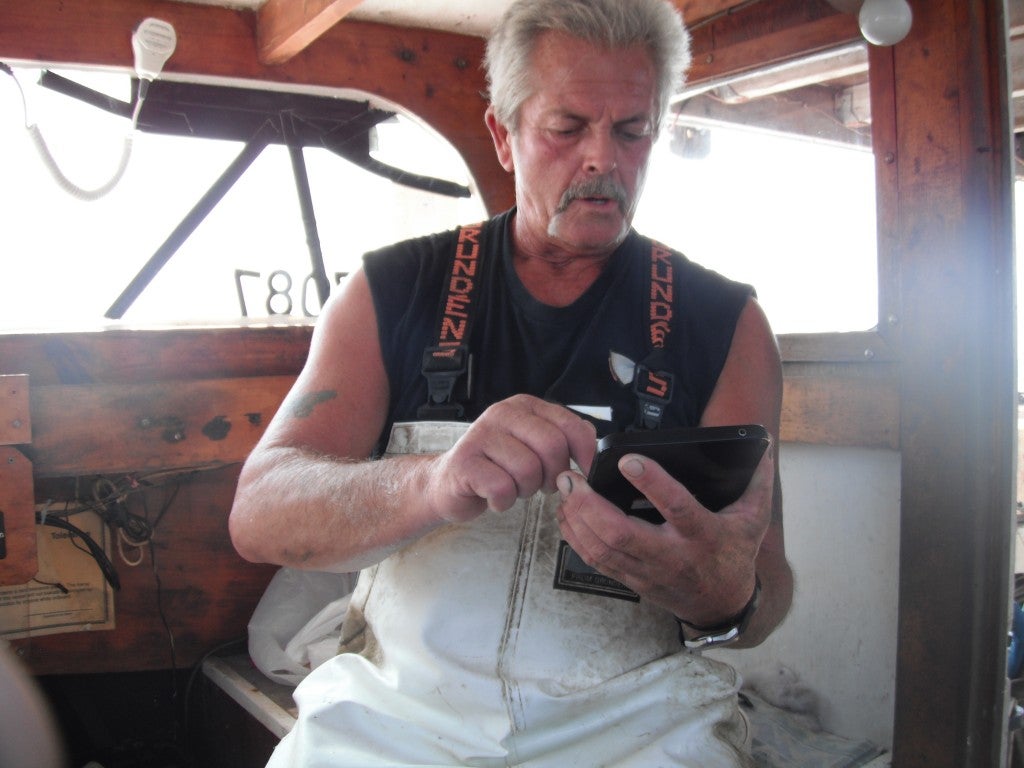
MD Blue Crab Design Team member and active EM pilot project participant, David Kirwin, uses a tablet to submit daily harvest reports from his boat
Photo Credit: Ward Slacum
Discussion about innovation, trends and shortfalls in fisheries monitoring tends to focus on large, off-shore fisheries in New England, Alaska and the Pacific. Those regions are home to multi-species fisheries, with complex biological interactions, and are targeted by large boats that result in sizeable discards of “non-target” fish. Monitoring technologies, both human and electronic, are essential to reduce this waste. Smaller scale fisheries, however, have just as much need for improved electronic monitoring and accountability measures.
Not surprisingly, blue crab is the most valuable fishery in the Chesapeake Bay. And it’s about as complex as they come. More than 7,000 watermen deploy small boats from thousands of waterfront access points and are regulated by three different management jurisdictions, all of which use antiquated reporting systems.
As reported on this blog before, commercial crabbers in Maryland have tested mobile technologies, like smart phones and tablets, to report and verify daily harvest. In 2012 and 2013, volunteers used these various technologies and provided constructive feedback to Maryland’s Department of Natural Resources (MDNR) to improve its monitoring and reporting system. Overall, participants in the two-year pilot are pleased with mobile technology tools and the web-based reporting platform, which along with dockside spot checks, have improved reporting accuracy and timeliness, according to fisheries managers. As part of the 2013 pilot, fisheries managers offered limited regulatory flexibility for pilot volunteers in order to encourage participation and demonstrate how improved accountability can lead to streamlined regulations. Read More
Maximizing Limited Data to Improve Fishery Management
By Ashley Apel
According to a recent study published in Science, nearly 80% of the world’s catch comes from “data-limited” fisheries. Not surprisingly, research shows that many of these fisheries are facing collapse, jeopardizing the food security of hundreds of millions of people in developing countries who depend on seafood for a majority of their dietary protein.
Historically, fisheries with little data had few science-based management options. But new methods are being continuously developed and used in the field that deliver science-based results, even in the absence of long-term, historical catch data. Since fishery stock assessments can be extremely complex, EDF recently developed a user-friendly, six-step framework as part of an overall guide to Science-Based Management of Data-Limited Fisheries.
The framework outlines a systematic approach that fishery managers can use to conduct quick and relatively inexpensive assessments. The methods allow stakeholders in data-limited fisheries to estimate risks to marine ecosystems, determine vulnerability of a stock to fishing pressure, calculate the level of overfishing, assess the sustainability of the fishery, and establish sustainable fishing targets and other management reference points.
Download the guide on Science-Based Management of Data-Limited Fisheries or download the entire toolkit for fisheries. Feel free to send questions or comments to catchsharequestions@edf.org.










